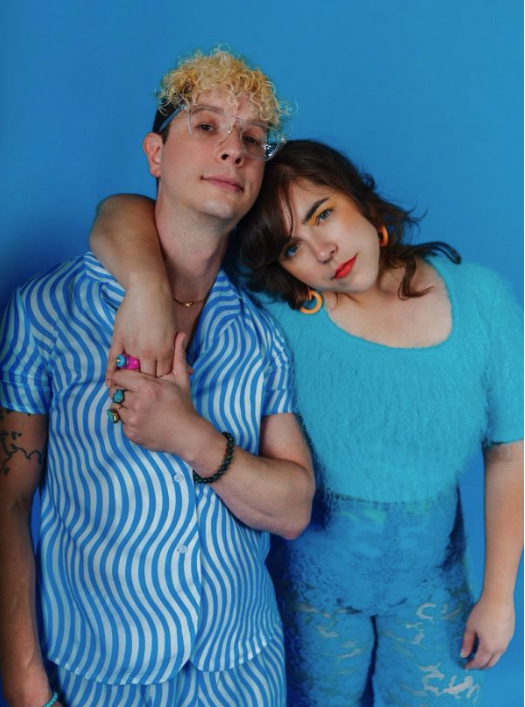What's a Voice Worth?

According to vocal coach and artist developer Linda Septien, it depends.
[Updated] How does a singer make it?
“I can take any artist and change their voice so that it sounds amazing, as good as anyone out there, with the programs that we use in pitching,” Linda Septien says. “Not AutoTune, really good ones. I can put them onstage, have them lip sync, and they’re going to become big but they’ll never be artists. Which is fine because they sell product. They’ll lose their audience, but for five years they’ll make 10 million dollars. Labels from indie to corporate don’t care if they can sing because if they can sell T-shirts to 10 percent of that three million, they have a business. ”
Septien is a Dallas-based vocal coach who heads The Septien Entertainment Group. She has worked with American Idol contestants, Broadway performers and pop stars. She also does production and artist development, and her highest profile alumni are Jessica Simpson, Demi Lovato and Selena Gomez. She spoke Friday at The Cutting Edge Festival, and for the most part, she works in the mainstream pop marketplace. When she shares stories like that, she’s neither celebrating nor fretting. Creating stars is the sort of reality she has to deal it without judgment. She similarly talks about the importance of looks, saying, “If you’re unattractive, you’re going to have to go into something indie where people think it’s cool to be weird-looking.”
Fabricating a star is certainly possible, and in some cases it’s the realistic way forward. “You can train any instrument,” she says, but some singers will “never be good enough because they can’t get 10,000 hours of good practice.” It takes anywhere from a year to three years to develop a pop star, and labels will spend the ballpark of two million dollars in pursuit of one. Singing on key is only the start. Singers need to develop the skills to be expressive and to tell a story in their performance, and if they don’t start with a voice, the odds are stacked against developing it within the age window they have to become stars.
Working with prospective singers often means dealing with people who have become American Idol clichés for grossly overestimating their talents. They’re loud or have melisma, which has caused those around them to tell them who great they are. Septien’s sympathetic but lets singers hear her younger students and how much farther ahead they are.
“They go, Got it,” Septien says.
Even if young hopefuls can sing, “the voice is the least of it, sadly.” Septien prefers to work with singers to help them find themselves as artists, and once that’s in place, identify and pursue their target demographics. She makes sure they can at least move on stage if not actually dance, but once the performer and artist is in place, the crucial work begins.
“This industry is crowded with talented people. I have Viners with three million followers, so they will become famous from their followers.”
The crucial task is involving people in the artist as a person, and the artists who are financially successful are the ones who successfully connect with their audiences. Social media’s a big part of it, particularly Vine, Instagram and YouTube, but anything that helps the audience feel closer to artist helps. In social media, interviews, and on stage, Demi Lovato has talked about her private struggles, and Septien watched Taylor Swift get a stadium shrieking in identification when talked about being the victim of bullying.
“They’re interested in the artist’s life,” Septien says. That interest makes the difference between downloading and buying, and it’s what makes people want to buy T-shirts. That’s crucial, she says, because “you only make it moneywise in merch, touring and endorsements.”
Because of the time it takes to develop an artist, each one represents a gamble that he or she does something that audiences will want when he or she finally gets to market. “Right now, I’m looking for what will happen next summer. It’s gambling that you’ll put out something that people love so much that you become the trendsetter.”
Jessica Simpson, Demi Lovato and Selena Gomez all had their moments as singers, and successfully parlayed that first flush of success into something, whether its a career as a singer, actor or personality. Each faced the challenge of transitioning from the teen pop world into adulthood, and the challenge of what comes next is always a question, particularly for young singers who have to delicately negotiate how to grow up with his or her audience.
“Will they be out there in three years?” Septien asks. “Who knows, but at least they had a great ride.”
Updated 6;36 p.m.
When the story was first posted, it referred to Septien speaking on Saturday. In fact, she spoke on Friday. The text has been changed to reflect that.






